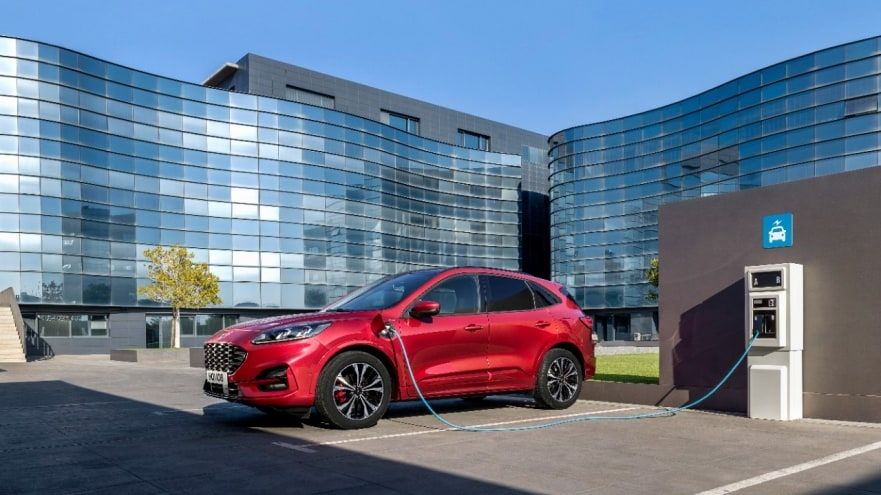Esteban Moctezuma Barragán, Mexico‘s ambassador to the United States, highlighted the implication of the U.S. Inflation Reduction Act in the productive integration of North America.
«There are very clear, very concrete and very encouraging signs of the direction we are taking in that sense,» said Moctezuma Barragan at the Index National Convention in Mexico City.
First and foremost, on August 16, 2022, budget reconciliation legislation, commonly known as the Inflation Reduction Act of 2022 (IRA), became law.
The IRA contains multiple provisions related to the adoption and deployment of «clean transportation» technologies, building on existing «clean transportation» programs and incentives.
«(It is) an initiative by President (Joe) Biden at a critical time for the sustainable future of the North American region. It is the first time that North America has been included as a region in a U.S. congressional mandate,» added Moctezuma Barragan.
Some of the IRA’s various tax provisions pertain to «clean transportation.»
For example, the IRA modifies the existing tax credit for new plug-in electric vehicles (PEVs), resulting in a modified tax credit for certain «clean vehicles.»
Esteban Moctezuma Barragán
Also, the IRA creates a new tax credit for previously owned «clean vehicles» and commercial «clean vehicles.»
In addition, according to a U.S. congressional analysis, it removes the phase-out threshold of 200,000 units per manufacturer, allowing new qualifying vehicles from Tesla and General Motors to again be eligible for the full tax credit.
Finally, the IRA modifies the existing tax credit for alternative fueling refueling property. All four tax credits expire on December 31, 2032.
«The tax credit for electric vehicles to factories in North America is a great step in creating a strong, competitive and humane region,» said the Mexican official.
With the passage of the Inflation Reduction Act, U.S. automotive credits are allowed to be used for the purchase of cars also produced in Mexico and Canada.
Incentives
The new initiative replaced one introduced last year by President Biden’s administration that included tax credits for electric vehicles and discriminated against production in Mexico and Canada.
The previous initiative would increase electric vehicle credits to $12,500 per vehicle, including $4,500 for vehicles manufactured by unionized plants and $500 for U.S.-made batteries. Vehicles would have to be assembled in the U.S. beginning in 2027 to qualify for any credits.
Now, the new initiative states that final assembly must take place in North America, while the retail price must be less than $55,000 for cars and $80,000 for trucks and SUVs.
Another requirement is that the battery material must be sourced from the United States or free trade partners, with a phase-in beginning in 2024.
The initiative provides for the extension of the $7,500 federal tax credit for electric vehicles and removes the cap for automakers to qualify for the credit, which currently stands at 200,000 vehicles.
![]()

